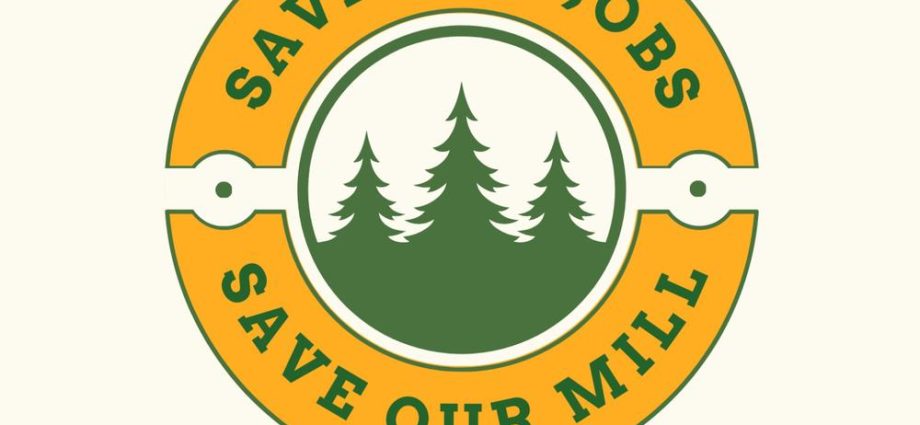PHOTO: Opened by Prime Minister Sidney Holland, Kinleith once symbolised the beating heart of New Zealand’s export and manufacturing strength. GIVEALITTLE
🏭 End of an Era: Kinleith Mill Paper Machines Shut Down Forever
In a sobering moment for South Waikato, the iconic Kinleith pulp and paper mill — a cornerstone of Tokoroa’s identity since 1954 — has officially ceased its paper production operations, marking the end of a 71-year legacy.
Opened by Prime Minister Sidney Holland, Kinleith once symbolised the beating heart of New Zealand’s export and manufacturing strength. Now, the last paper-making machine has fallen silent — a move that has directly impacted around 150 workers, many of whom are part of multi-generational families tied to the mill’s proud history.
🧍♂️ “We Built a Town Around It” – Former Worker and Now Mayor Reflects
South Waikato Mayor Gary Petley, who himself once worked at the mill and still has two sons employed there, described the closure as a moment of deep reflection for the town.
“If your grandfather worked there or your father worked there, there was every probability that the sons or daughters would follow,” Petley said.
“It built families, futures — and Tokoroa itself.”
The closure has triggered an outpouring of emotion and concern from the local community — a mix of anxiety, resignation, and pride.
🏘️ Not Just a Mill Town: The Future of Tokoroa
Despite the shock, community leaders and business owners are working hard to reinforce one message: Tokoroa is more than its mill.
Johnny Dryden, owner of local station Cruise Radio, remains optimistic.
“It’s still a great place to raise a family. The mill might be winding down, but our community spirit isn’t.”
Indeed, the South Waikato District is undergoing active commercial and residential growth, with agencies like MSD and Project Phoenix already providing support for displaced workers.
🚧 “No Other Job Like It” – Industry Workers Grapple With Limited Options
For many mill workers, however, the transition won’t be easy. Union delegate Ian Farall, one of those losing his job, was blunt:
“This is the last bastion of paper manufacturing in New Zealand. I can’t just walk down the road and get a similar job.”
The reality for some has already meant relocating to Australia, while others now face mortgage pressures and job insecurity in a changing regional job market.
💬 From Cutting Edge to Redundancy: The Decline of NZ Paper Production
Back in the 1950s, Kinleith was a marvel of industry. An RNZ documentary from that era captured the vibrant, diverse, and booming town it helped shape. Today, it’s a symbol of how global trends, environmental shifts, and technology can outpace traditional industries.
OJI Fibre Solutions CEO Jon Ryder confirmed that pulp operations at the site would continue, but paper production was no longer viable. He added:
“Through voluntary redundancies and redeployments, we were able to soften the blow somewhat — with over 30 staff moved into other roles.”
Even so, around 150 staff members formally exited OjiFS on 30 June — the final chapter in one of New Zealand’s longest-running industrial stories.
🏡 What Does This Mean for Property and Economic Confidence in Tokoroa?
While the closure is undeniably a blow, Tokoroa’s future remains hopeful. Residential developments are on the rise, and new industries and employers are moving in. Local leaders point to resilience, adaptability, and the region’s affordable housing as key drawcards for future growth.
However, for property watchers, this moment serves as a critical reminder: when major regional employers shift, the knock-on effects can ripple through real estate values, buyer confidence, and rental markets.
🧭 Final Word
The end of Kinleith’s paper production marks more than just the shutdown of machinery — it’s the end of an era that built a town, fuelled families, and helped shape New Zealand’s manufacturing identity.
But with government backing, private sector interest, and local resilience — Tokoroa may rise again, just in a new form.
SOURCE: RNZ












